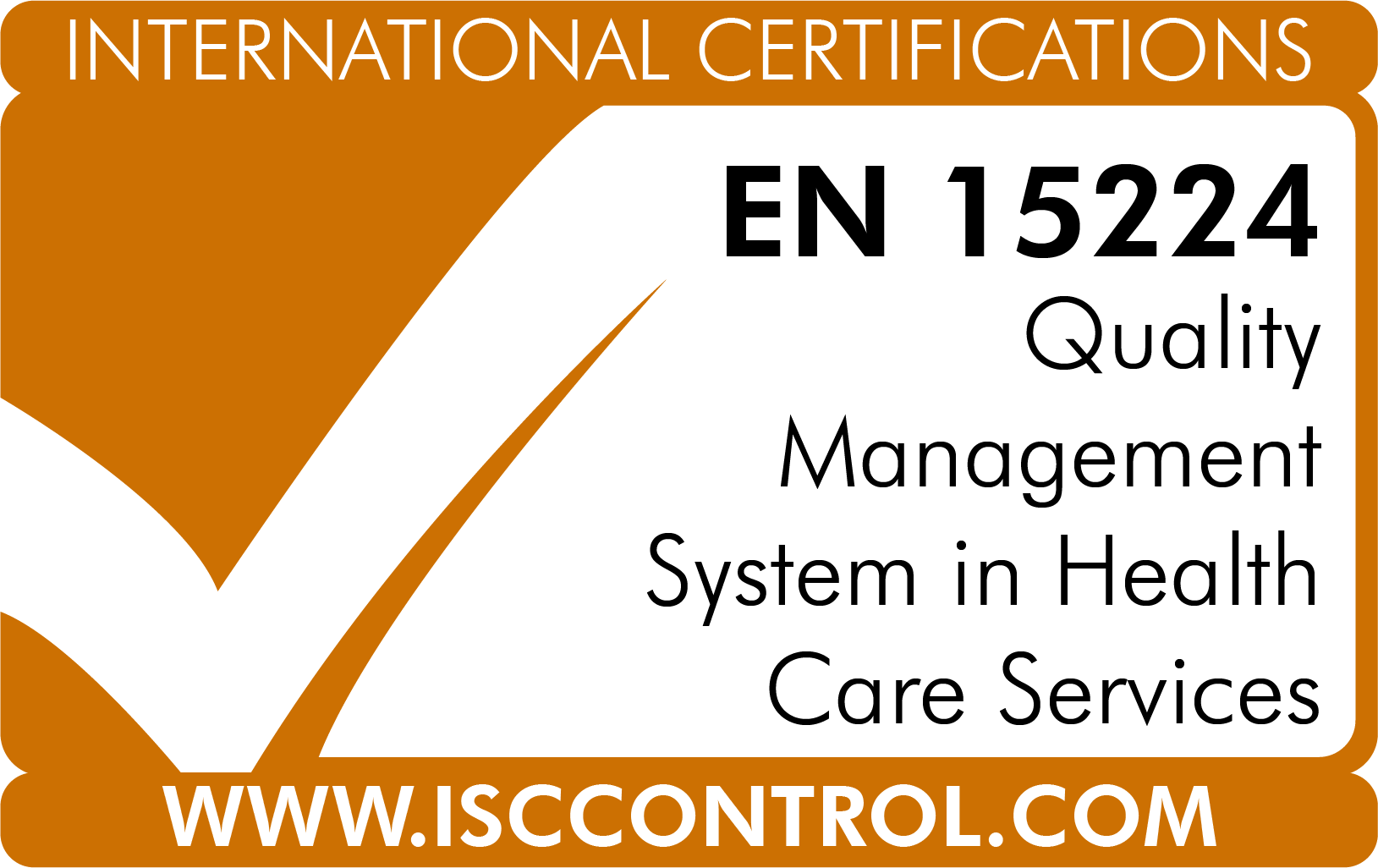SA8000
What is SA8000® Standard?
The SA8000® Standard is the leading social certification standard for factories and organizations across the globe. It was established by Social Accountability International in 1997 as a multi-stakeholder initiative. Over the years, the Standard has evolved into an overall framework that helps certified organizations demonstrate their dedication to the fair treatment of workers across industries and in any country.
SA8000 measures social performance in eight areas important to social accountability in workplaces, anchored by a management system element that drives continuous improvement in all areas of the Standard. It is appreciated by brands and industry leaders for its rigorous approach to ensuring the highest quality of social compliance in their supply chains, all the while without sacrificing business interests.
The Standard reflects labor provisions contained within the Universal Declaration of Human Rights and International Labour Organization (ILO) conventions. It also respects, complements and supports national labor laws around the world, and currently helps secure ethical working conditions for two million workers.
SA8000
Benefits of SA8000 Certification
Earning an accredited SA8000 certificate is an attestation to an organization’s compliance to the SA8000® Standard for three years. An accredited SA8000 certification provides ongoing and reliable assurance that an organization is upholding social performance expectations, while also continuously improving their management systems to address and prevent social and labor risks.
As a voluntary standard, it is central to SA8000 that organizations take ownership of their performance and continuously monitor and improve their own social controls. Independent oversight and regular surveillance audits by approved third-party certification bodies provide confidence that the organization is managing its operations effectively and has a low risk of non-conformities to the Standard.
Some characteristics of an SA8000-certified organization are:
- Holistic management system to maintain compliance to the Standard
- Worker engagement and dialogue
- Cross-functional internal collaboration
- Collaboration in the supply chain
While accredited certification is a valuable tool to evaluate performance and drive supply chain improvement by committing an organization for three years, it is important to recognize that no code or monitoring system can provide absolute assurance or drive positive change alone. All social auditing practices need to be considered as part of a larger effort to improve labor conditions, including equitable contractual cooperation between buyers and suppliers, worker and management training, capacity building, stakeholder engagement, and various other tools to improve systems and collaboration.

